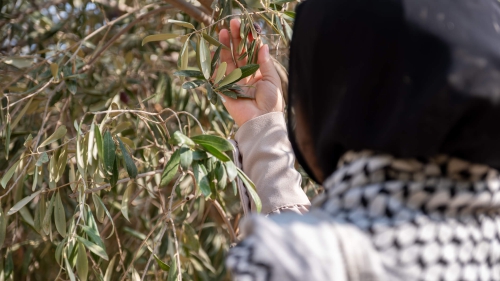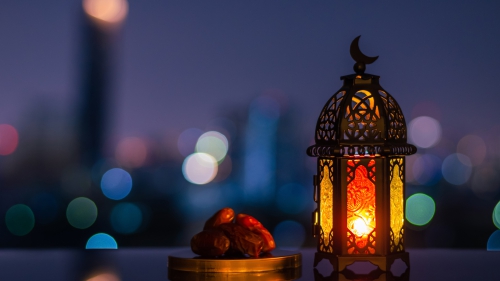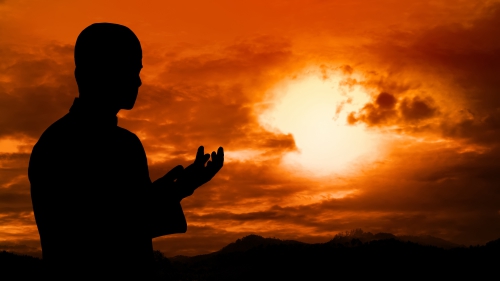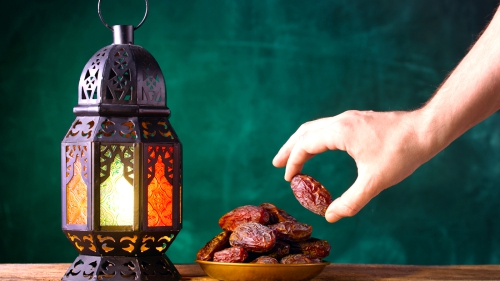Saudi bomb blasts expose alcohol smuggling in Gulf
by Barry Parker
DUBAI, Feb 9 (AFP) - The case of three foreigners who confessed on TV to carrying out two bombings that killed a Briton has laid bare a highly-sensitive taboo surrounding the sale and consumption of alcohol in the "dry" Gulf monarchies.
A total of 12 expatriates are under arrest in Saudi Arabia where the authorities, trusted with Islam's holiest shrines at Mecca and Medina, decline to speak openly of the reason behind the detentions.
Interior Minister Prince Nayef bin Abdul Aziz has mentioned only "prohibited affairs", an insider's code for alcohol charges in the conservative kingdom.
"It's a war between alcohol smugglers," said a candid western diplomat. "It's a business worth tens of millions of dollars to those who risk it."
Ex-British soldier Alexander Mitchell, Canadian William Sampson and Raf Skivens were put on state television on Sunday to confess to the bombings last November. The trio risk being beheaded under Saudi law.
In London, the Guardian newspaper reported that Mitchell had sold his stake in an illicit drinking den to 47-year-old Christopher Rodway, who died in the first blast on November 17.
All of those arrested were reportedly either members or shareholders of four such dens in the kingdom.
Among the other nine are five Britons, an American and a Lebanese.
Investigations are also underway in neighbouring Bahrain from where container loads of booze are smuggled out. Britons are also suspected there, diplomats say.
The authorities across the Gulf states, where alcohol toleration ranges from zero to near total, are only too well aware of the illegal trade, which exists to satisfy the millions of expatriates.
But in the secretive world of the ruling families, acknowledging it is a totally different matter. Islamic sentiment runs strong against perceived Western decadence.
In Saudi Arabia, the strictest of the Gulf states, a bottle of whisky costs about 150 US dollars on the black market. Such prices -- about 10 times normal -- explain why people are prepared to chance their freedom and a flogging.
"Some of the African diplomats pay money to be posted to Saudi Arabia, as much as 100,000 dollars, to get involved in the trade," said one diplomat.
Even diplomats, including an occasional westerner, get caught, but the Saudis keep such indiscretions quiet.
Riyadh also tries to limit the quantities of alcohol Western embassies are allowed to ship into the country and bans the missions of Islamic and Arab nations from importing any.
The temptation is such that the US embassy has adopted a rule that diplomats who want more booze have to show their empty bottles.
And of course drink is available on the US military bases, from where seepage is inevitable.
In Dubai, the most liberal watering-hole along the Gulf, the booze flows freely in dozens of bars, but a paying licence is required to buy it outside the regulated bars. Alcohol shops are bunkers with no windows.
However in neighbouring Sharjah even non-alcoholic beer is banned, let alone the real stuff.
And yet one or two other neighbouring emirates offer veritable oases of alcohol, selling it discreetly to all and sundry with no questions asked.

















